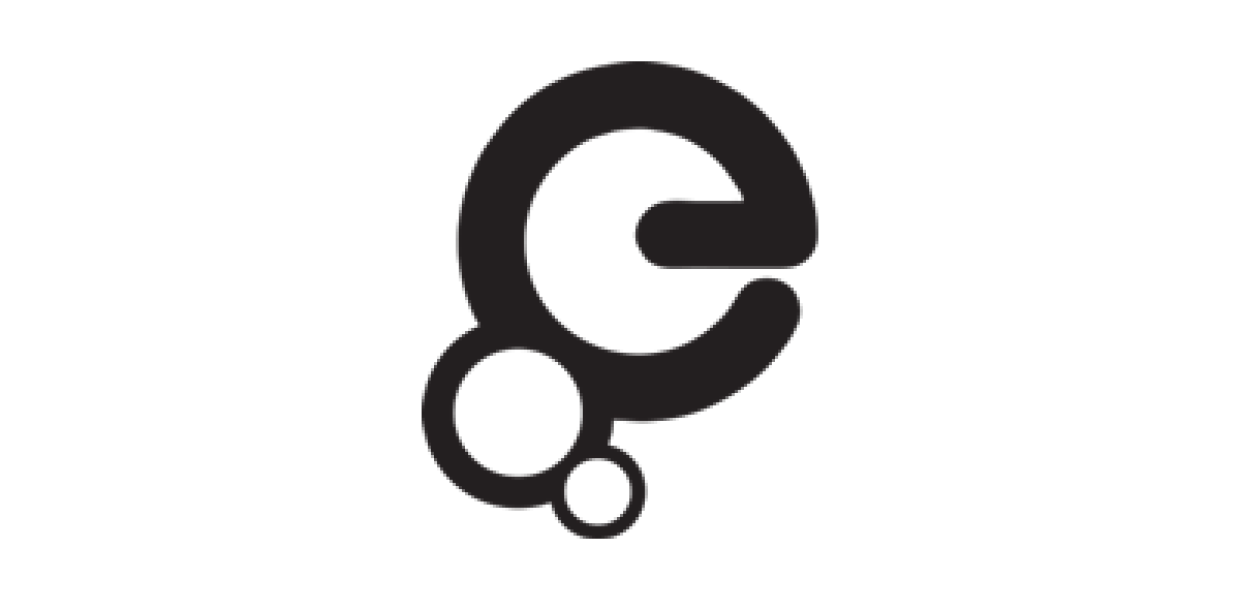Serbia's forgotten WW1 family stories

Do you have a box hidden deep in the attic or under the bed that holds your great grandfather's diaries from 1914-1918? His army medals? Or a photo with a special story behind it? If so, your memories could be shared worldwide as part of a unique European WW1 project to commemorate the centenary of the outbreak of the war.
The city libraries of Belgrade, Novi Sad and Čačak have joined forces with Europeana, Europe's digital platform for cultural heritage. We are working together to collect and tell people's family stories from 1914-1918. These valuable stories will then be shared via Europeana 1914-1918.eu, the most important online resource of original WW1 source material featuring contributions from institutions across the globe and families across Europe. And we need your help!
We are calling on all Serbian citizens to bring photographs, letters, diaries, medals, film or audio recordings, together with the stories of whom they belonged to the Europeana 1914-1918 Collection days which will be held in three Serbian cities in November and December 2014.
Belgrade, 5 – 6 November, Belgrade City Library, Knez Mihailova 56
Čacak, 12 – 13 December, Čačak City Library, Gospodar Jovanova 6
Novi Sad, 22 – 23 December, Novi Sad City Library, Dunavska 1
On these Collection days, historians will be on hand to talk about the significance of finds, while experts from the State Archives and city libraries will professionally digitise the objects which will be uploaded to the Europeana 1914-1918 website.
Europeana 1914-1918 brings together personal stories that perhaps haven't been told outside the family before, alongside the official and national narrative. It presents all sides of the conflict and all perspectives, from the front line as well as the homefront, and gives a deeper understanding of this important period of our shared Serbian history.
Personal WW1 stories that were left untold during the last hundred years have a chance to be heard, shared online so they can be accessed by others worldwide, and saved for future generations. This is particularly important in Serbia, which found itself at the very heart of a conflict that led to tremendous ramifications for the country and its people.
The role that our country played in the First World War greatly exceeded the size of its land and population, and the conflict had an immense impact on our national and European history. The memories from the Great War, its events and consequences, its victims and victors, remain very much alive today and the individual stories that bring them to life deserve to be told and protected in Serbia and across Europe.
Europeana has held over 150 Collection days in 18 countries across Europe since 2011, and Serbia will be the last country to participate in 2014. The city libraries of Belgrade, Čačak and Novi Sad are participating in the Europeana 1914-1918 project as part of its comprehensive national programme marking the centenary of the First World War.
If people aren't able to get to the Collection days, the Europeana 1914-1918 website www.europeana 1914-1918.eu provides instructions on how to scan, photograph and upload material at home.
- Ends-
Contact:
For further information or images please contact Dušan Jovanović at Action Global Communications (+381 11 675 01 16), [email protected]
Notes for editors
Europeana and Europeana 1914-1918: Europeana and Europeana 1914-1918: Europeana is Europe's digital platform for cultural heritage, which collects and provides online access to more than 30 million digitised items from libraries, archives, audio-visual collections and museums across Europe. The Europeana 1914-1918 project is the most important online resource of original WW1 source material. Building on an idea from, and with the support of Oxford University, it was launched in Germany in 2011 to collect memorabilia and family stories from the front line and the home front. Since then, family history roadshows have been held in 17 countries across Europe, in the lead up to the WW1 centenary commemoration and so far have recorded more than 100,000 digital images.
Throughout 2014, the year of the 100th anniversary of the outbreak of the First World War, the project continues to collect memorabilia in digital form and aims to save people's family memories and make them accessible to the world. This could be photographs, letters, diaries, short films, audio recordings, objects and their stories that will be digitised professionally and added to the online archive, along with corresponding descriptions.
Independently of the roadshows that take place across Europe, everyone can contribute their digitised images and information to the website -www.europeana1914-1918.eu. The site now also includes more than 400,000 items digitised by national libraries across Europe and 660 hours of film digitised by EFG14.
